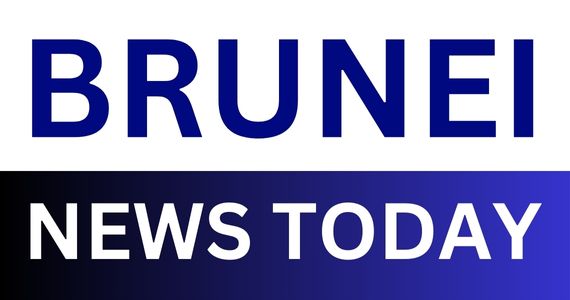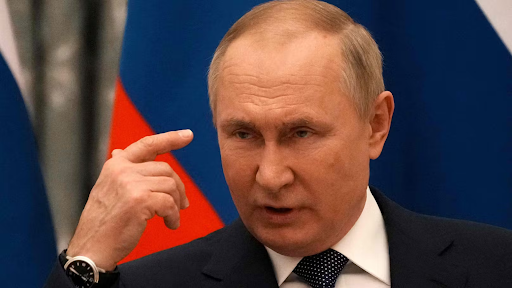Russia has offered to limit its nuclear arsenal for one year, but President Vladimir Putin made it clear this is no blank check. The commitment to abide by the expired New START treaty’s terms comes with firm demands for reciprocal action from the United States.
Putin announced the unilateral measure as a way to inject “predictability and restraint” into the international system following the treaty’s lapse. The New START accord, a legacy of the Obama administration, was the last remaining pact capping the nuclear arsenals of the world’s two biggest nuclear powers.
The central component of Putin’s announcement was its conditionality. He directly stated that Russia’s self-restraint is only “viable” if the United States follows suit. Any move by Washington to expand its arsenal or otherwise “disrupt the existing balance” would be met by a Russian policy reversal.
This conditional offer is also being presented as a potential diplomatic tool. Putin indicated that if the U.S. plays along, it could foster a better environment for substantive talks aimed at normalizing the deeply troubled relationship between the two countries.
For the next twelve months, a de facto cap on Russia’s nuclear forces will be in place. However, the Kremlin has explicitly reserved the right to reassess its position based on American behavior, making this a temporary and tactical maneuver rather than a long-term strategic shift.


